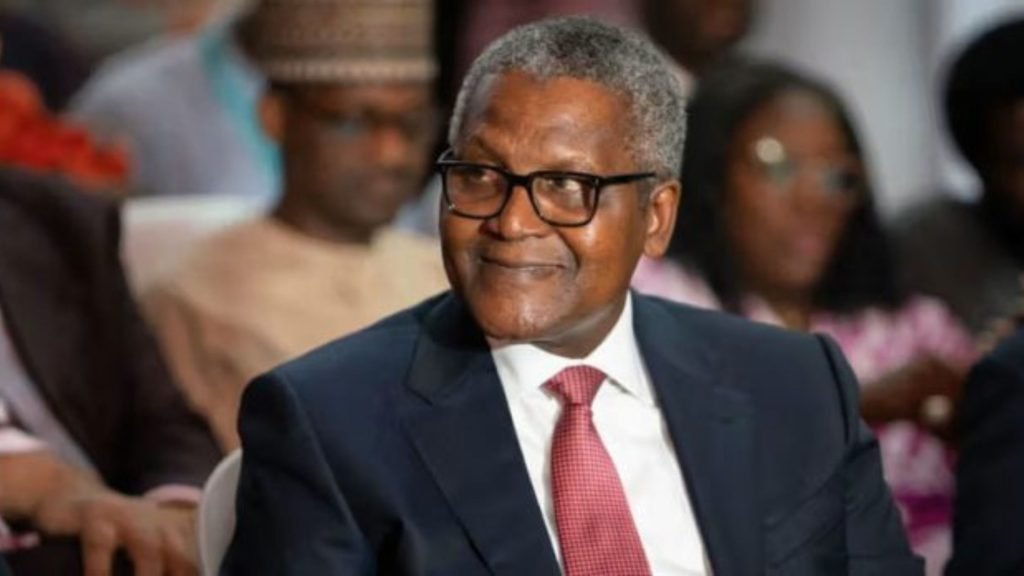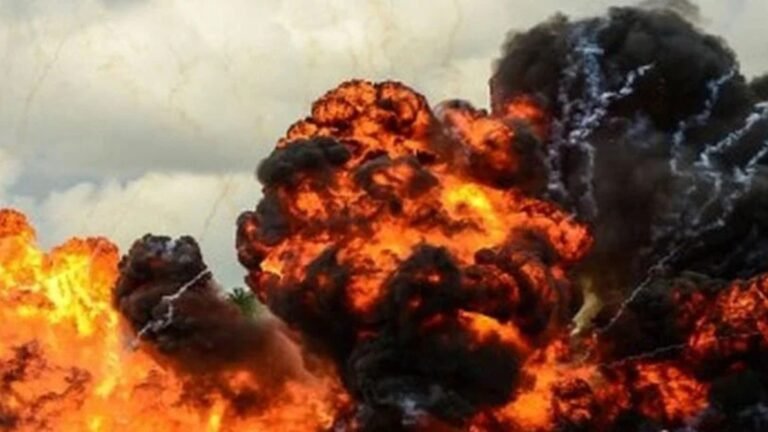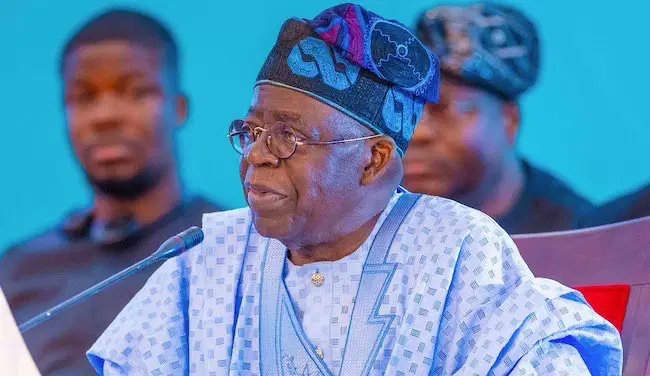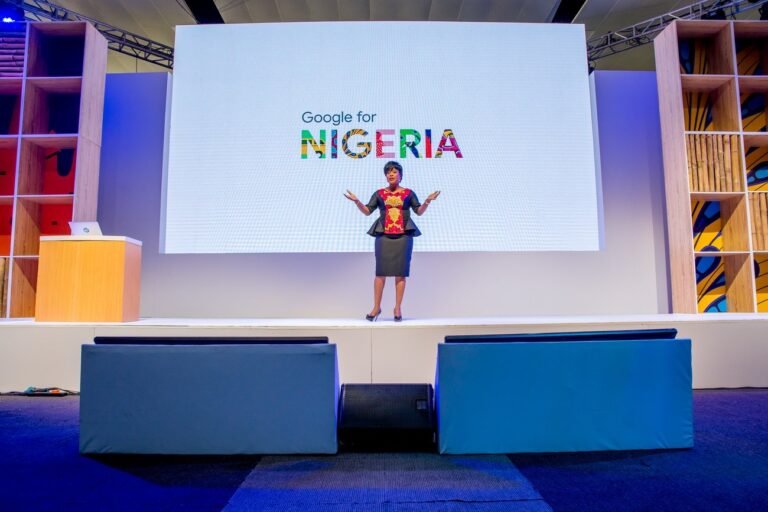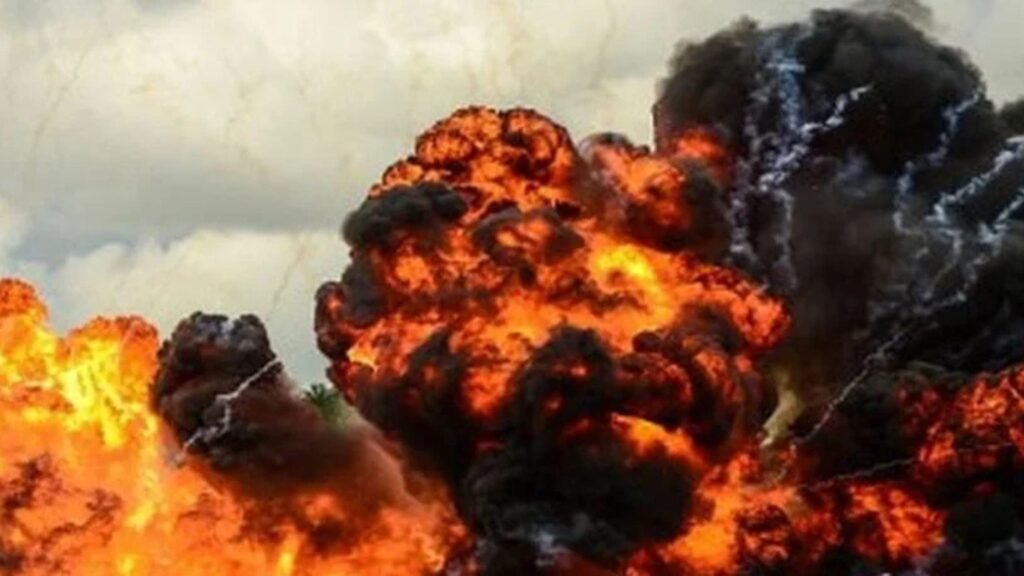President of Dangote Industries Limited, Aliko Dangote, has refuted long-standing accusations that his companies monopolise critical sectors of Nigeria’s economy.
Defending his business model, Dangote argued that Africa must prioritise industrialisation and reduce dependence on foreign imports if it hopes to achieve sustainable growth.
For years, the Dangote Group has been accused of leveraging political connections to dominate industries such as cement, sugar, and now oil refining—criticism that intensified after the launch of its $20 billion Dangote Refinery, one of the world’s largest single-train facilities.
However, speaking in response to a Bloomberg feature published Thursday, Dangote maintained that his rise was driven by entrepreneurship and strategic investments, not undue government support.
Dangote: “I Am a First Mover, Not a Monopolist”
The Bloomberg report recalled a 2007 cable by then-US Consul General Brian Browne, later published by WikiLeaks, which accused Dangote of benefiting from import bans and political favoritism.
“To detractors, he is a predator using connections in a corrupt political economy to tilt the playing field in his favour and sideline potential competition,” Browne wrote, noting that many products on Nigeria’s import ban lists aligned with Dangote’s investments.
But Dangote dismissed the claim, insisting that imports of the products in question were not banned at the time.
“If you are going to call first movers into business monopolists, then you will never establish a manufacturing base, or you’ll never establish anything that you call a country,” he said.
According to him, his strategy has always been about spotting opportunities others ignored and building capacity at scale to meet Nigeria’s demand.
Challenges of Industrialisation in Nigeria
Dangote admitted that running businesses at such scale is not without stress, particularly given Nigeria’s infrastructural and policy limitations. He noted that bringing the refinery fully online has been one of the most challenging projects of his career.
Still, he argued that without local industrial giants, Nigeria and Africa at large risk remaining a dumping ground for foreign goods, stunting job creation and economic independence.
